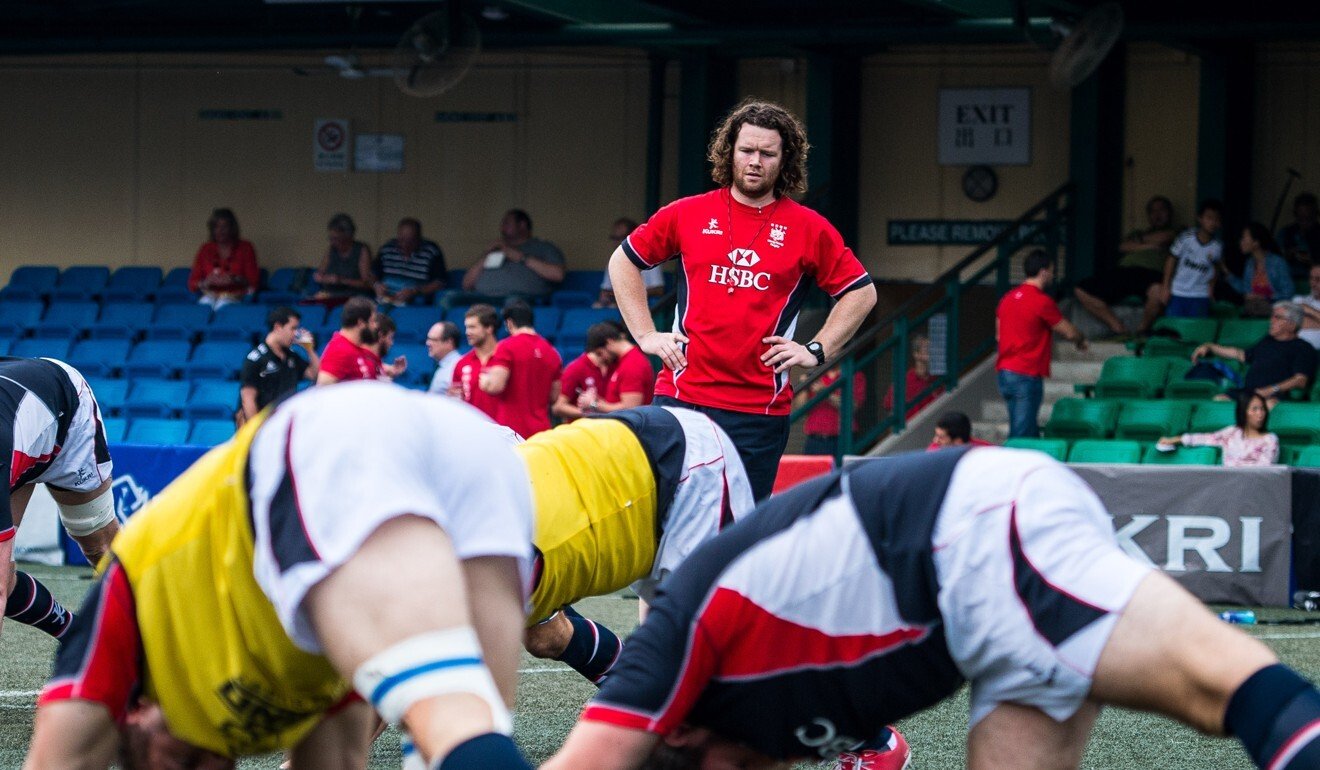
Hong Kong Rugby Union axes professional men’s 15s elite programme as Covid-19 continues to crush budgets
- The Elite Rugby Programme, comprising 30 professional athletes and five staff, will not have contracts renewed after June
- ‘Exceptional circumstances necessitated a change to our current model,’ says HKRU chairman Patrick Donovan
The Hong Kong Rugby Union will terminate its Elite Rugby Programme (ERP) – the full-time men’s 15-a-side national team set-up – after current player and staff contracts run out at the end of June.
The decision to revert to its previous semi-professional model was a reluctant but necessary one given Covid-19 and its resultant financial and logistical impact, the Union said.
This means 30 athletes, four part-time “junior ERP players” and five staff members, will not be renewed on a full-time basis when their contracts expire on June 30. They will be the final batch of players and coaches under the programme introduced in 2016.
As of Monday, all affected players and staff have been informed of the decision with assurances that they will receive compensation and help for future employment opportunities. The Union will continue to fulfil their contracts, health insurance and retirement funds until contracts expire.

The Union also said it would continue to review models on how to fund the semi-pro players-to-be in future.

The Union said the cut applies only to the elite men’s 15s set-up; the men’s and women’s sevens and the women’s 15s programmes remain intact.
“These exceptional circumstances necessitated a change to our current model with the objective of ensuring our long-term financial sustainability,” said HKRU chairman Patrick Donovan.
“Having made this difficult decision, it was imperative to give the affected players and staff as much notice as possible so we can work with them to support the transition to other opportunities.

“The decision has not been taken lightly and player welfare has been at the heart of what has been a very difficult and lengthy discussion process over the future of the ERP. This is something we remain fully committed to.”
Though chances are slim, there is a route to one of the eight remaining spots should they win the postponed Asia Rugby Men’s Championship [ARC] 2021 against South Korea and Malaysia.

“Many unions around the world are having to make – or have already made – similar decisions,” Donovan said. “The global game is facing a period of uncertainty as we try to assess the lasting impact of the pandemic on the sport.


